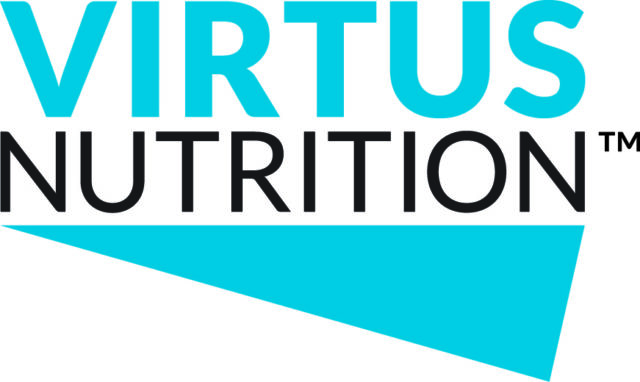Sustainability generally is most heavily used when discussing environmental issues in agriculture; however, I would suggest we look at sustainable agriculture in a bit different light.
Sustainable agriculture has to do as much with the economics of our industry as the “culture” in agriculture. It is well documented that the average age of American farm operators is on the rise, and a major contributor to this phenomenon is the lack of young people entering the ranks of our industry. Therefore, I submit that if our industry is to truly be sustainable, we need to cultivate a sustained flow of young, talented people into our industry at all levels.
As I have shared with colleagues in the past, the one thing I have found that all Virginia farms have in common is that they are staffed by Virginia farmers. I am sure this holds true elsewhere as well. That said, we need to recognize that the majority of careers in agriculture are not on the production side, and not unlike the U. S. Marines, since our numbers are few, our quality must be paramount!
So how do we as an industry go about recruiting young talent? The answer has to include refocusing the perceptions young people have of our industry and the opportunities that abound in the sciences providing fellow man with food and fiber. Career choice is governed by what individuals value and their perception of the realities that exist in a given field. Agricultural career education of gifted and talented students must begin with an assessment of the values of the students and their assumptions regarding fields within the agricultural industry. In 2006, I completed a quantitative study as part of my Ph.D. research that may help shed some light on how we proceed.
Virginia's gifted student enrichment programming dates back to 1973, when Governor Linwood Holton established the Governor's School for the Gifted program. Working with the Virginia Governor’s School for Agriculture (VGSA) in 2006, I invited 98 gifted students to share their personal goals, values, career goals and thoughts on a career in agriculture. While this was a group interested in agriculture, it should be noted that 57 percent had no farm background whatsoever and only 14 percent were actually from a farm.
Some interesting results came from our study, some of which weren’t surprising as you can imagine; some were frightening. For example, when asked to name an agricultural career, 93 percent named “farmer” as their first response. However, when asked to name an agricultural business, only four named an individual farm as a business enterprise. Over 30 percent of the students were unable to name a single agricultural business.
Personal achievement was a highly prized career value among the group (as is true with many gifted students). Students desired a career that would allow them to be recognized as one of the best at what they did. The students also followed earlier studies, in that many already had career decisions and career paths made as early as elementary school. An interesting sidebar to this is that the students in our study who were members of the FFA or 4-H were twice as likely to have a career path as non-members.
So how can we use this? One thing that was also clear in the study was the source that students relied on to make career choices. Students valued their parents’ thoughts, personal experiences and relationships with people in the particular field as major influences in their decisions. These sources were significantly higher than media or friends. So one challenge we have is to get involved and do so at an early age.
Agriculture has many “wow” factors among our various fields, and we do ourselves a disservice by not sharing as much as we can with others, especially young bright minds. Putting our industry in a positive light and allowing youth to see how they can be among the best in the world at their career can only help to keep agriculture “sustainable” in the future.
In the Norman Rockwell painting “The County Agent,” our eyes are drawn to the extension agent helping the young lady with her Guernsey heifer 4-H project. You may not notice at first that as we move to the left or right of the focal point, the people age and the methods of farming (the horse) move to the edges as well. What Rockwell wanted us to see is that by focusing on our youth, we breathe life and longevity into our industry, or any endeavor for that matter. What can you do today to help? FG












